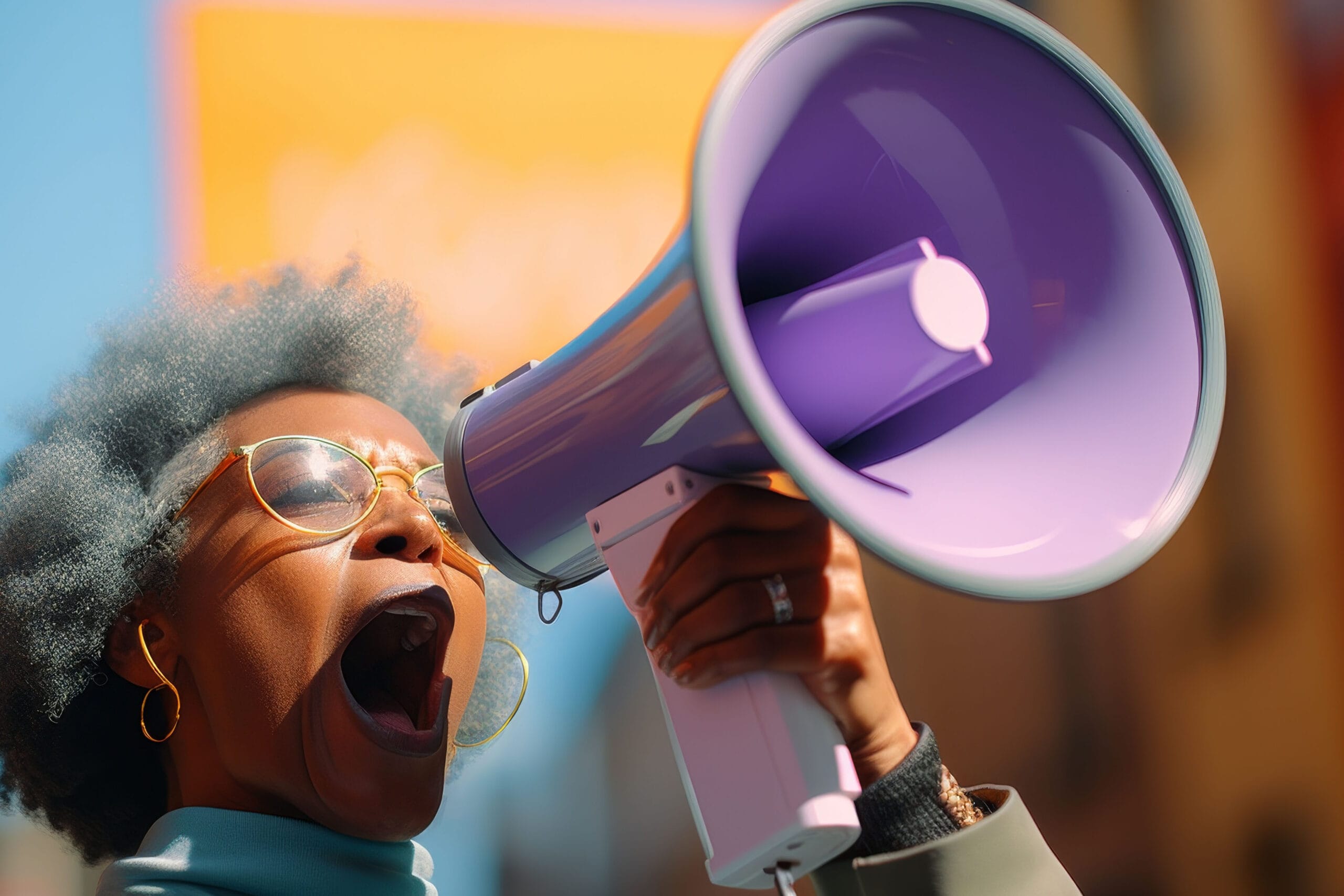Confronting Stigma in HIV-Positive Black and Latinx Communities
HIV and AIDS inequality continues to be a significant problem in communities of color. This is due to ongoing structural barriers that hinder access to prevention, treatment, and care. Addressing these disparities effectively requires a holistic approach. Spectrum Medical is actively working to address the inadequate healthcare infrastructure, stigma surrounding HIV and AIDS, and discrimination against LGBTQIA2S+ individuals and people of color. Through advocacy efforts, community support, resource allocation, and educational initiatives to reduce stigma, Spectrum Medical aims to promote more equitable health outcomes.
The Issues Leading to Stigma
The ongoing impact of HIV and AIDS on Black and Latinx communities highlights that the crisis remains significant and unresolved. Issues like limited healthcare access and financial inequalities make treatment too expensive, and societal stigmas around HIV/AIDS make accessing life-saving services even harder.
It’s important to focus on fairness and justice when it comes to the health of LGBTQIA2S+ communities of color, who are at higher risk for acquiring HIV and AIDS. When race and sexual orientation are combined, it leads to more challenges due to limited access to education and financial disparities, making it even tougher to access healthcare.
To improve healthcare for LGBTQIA2S+ communities, we need to work together to get more funding for prevention programs and create safe spaces where people can get care without facing stigma or discrimination. By actively involving communities of color and including their voices in policy talks, we can help break down the barriers that stop people from getting the healthcare they need.
How Does HIV Stigma Affect the Black and Latinx Communities?
The stigma surrounding HIV has a deep impact on Black and Latinx communities, as they are disproportionately affected by the virus. This stigma often leads to shame and fear, which can discourage individuals from seeking testing or treatment due to concerns about discrimination and rejection. In these communities, stereotypes about HIV can lead to isolation and higher rates of undiagnosed cases and untreated infections. Many HIV-positive women fear rejection from their social circles, intensifying their struggles with the diagnosis. This stigma affects mental well-being, creates obstacles to seeking medical care and support, and can lead to discriminatory practices in the workplace. People living with HIV may feel compelled to hide their diagnosis to protect themselves from prejudice, further discouraging seeking healthcare and potentially harming their relationships and professional opportunities. The stigma also affects those close to infected individuals, such as older caregivers, who may keep their loved ones’ diagnoses private due to fear of social backlash, perpetuating misinformation and limiting support systems.
To combat this stigma, it is crucial to shift the conversation away from individual blame and toward understanding the structural factors that contribute to health disparities. Addressing this stigma with empathy and understanding can create a supportive environment where those affected by HIV feel comfortable seeking help and support. Highlighting systemic issues such as economic inequality, lack of access to healthcare, and educational shortcomings can help recast HIV as a community challenge requiring collective action.
Managing HIV stigma
Coping with stigma is an intricate and demanding journey for those living with HIV. This journey involves utilizing a range of strategies collectively known as “stigma management.” These strategies can be categorized into reactive and proactive approaches. Reactively, people may avoid interactions with those who they feel stigmatize them or seek out accepting environments. Conversely, proactive strategies may involve educating others about HIV to dispel misinformation and cultivate a more understanding and supportive community. The effectiveness of these techniques often hinges on the social support available to individuals, which plays a pivotal role in how they navigate and manage the emotions associated with HIV stigma.
Social resources, such as family, friends, and supportive networks, are crucial for bolstering an individual’s ability to cope with the stigma of being HIV-positive. Emotional backing from these connections can significantly bolster self-esteem and self-confidence, enabling individuals to confront stigma more effectively. A strong support system not only helps alleviate the internalized effects of stigma but also nurtures resilience in individuals as they confront external judgments. Therefore, the presence of social resources can deeply impact how much one feels the effects of HIV-related stigma in their life, often empowering them to lead healthier and more fulfilling lives despite societal challenges.
What Can We Do To Fight HIV Stigma?
Spectrum Medical remains steadfast in its commitment to dismantling HIV-related stigma and improving health equity, particularly within Black, Latinx, and LGBTQIA2S+ communities. By addressing the structural barriers that contribute to healthcare disparities—such as economic inequality, lack of access to care, and societal discrimination—we advocate for a more inclusive and compassionate approach to HIV prevention, treatment, and care. Through education, advocacy, and community support, we are actively working to shift the narrative from blame to empowerment, ensuring that those impacted by HIV feel supported and have access to the resources they need for a healthier future.Now that you understand the issues contributing to HIV stigma and its detrimental impact on the community continue reading for Part 2: Standing Up To HIV-Related Stigma (link). Together, we can foster a society where stigma no longer stands in the way of equitable healthcare.

